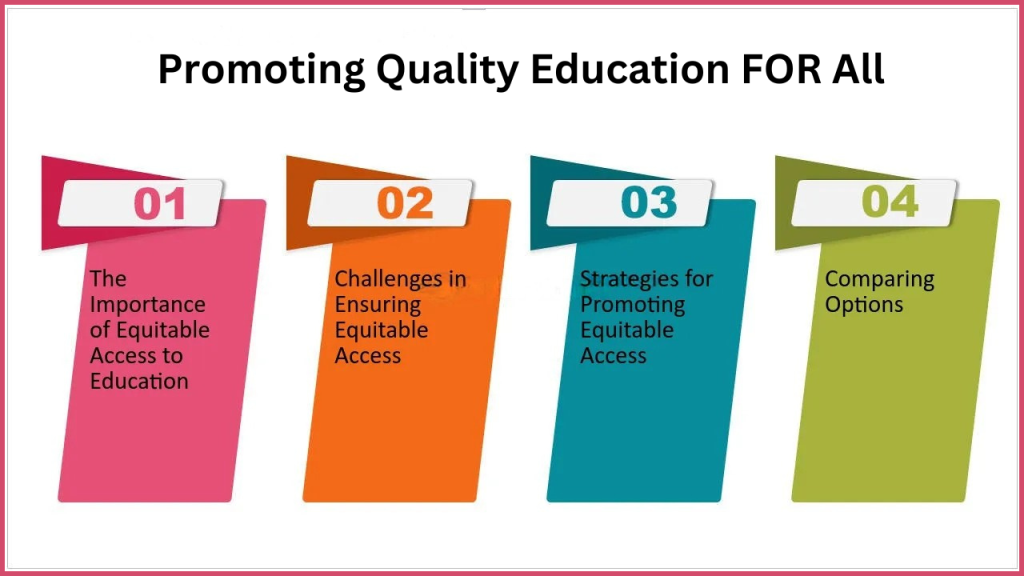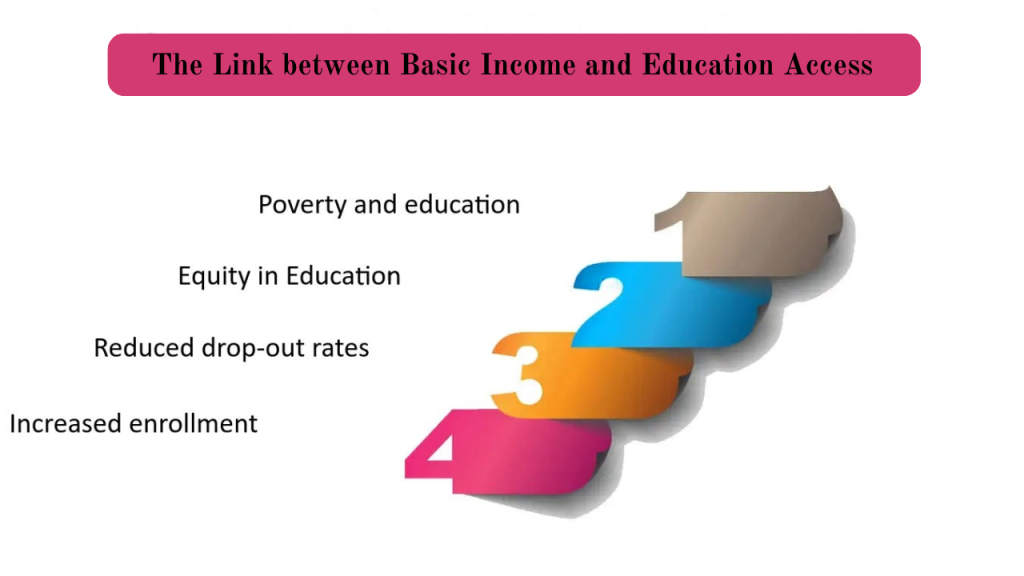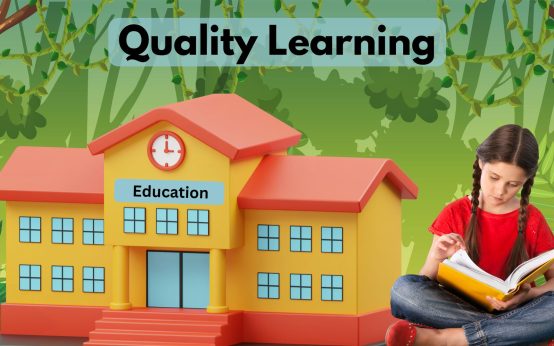The education Inequality system in Jammu & Kashmir (J&K) faces a major challenge—teachers and school leaders are promoted based on years of service rather than merit. This system discourages skill development, innovation, and leadership in schools. To improve teaching quality and student learning, departmental examinations for promotions should be introduced.
The Problem with Automatic Promotions
Currently, teachers in J&K are promoted based on seniority:
1.After 16 years, a teacher is promoted to Master Cadre (Head of a Middle School).
2.After 26 years, they become a Headmaster (Head of a High School).
3.This system allows teachers to move up without proving their teaching skills, leadership abilities, or 4.knowledge of modern education methods. Whether they improve as educators or not, they are still promoted.
5.This lack of accountability has harmed the education sector more than any other factor.
Why Departmental Exams Are Necessary
The National Education Policy (NEP) 2020 highlight teacher training, performance imposition, and continuous professional development. A system of departmental exams for promotions will:
✅ Ensure value-based promotions – Teachers who demonstrate strong leadership and teaching skills will move up in their careers.
✅ Inspire continuous learning – Teachers will stay updated with new teaching methods and subject knowledge.
✅ Improve school leadership – Effective school heads will enhance holistic student development and implement education reforms.
✅ Boost teacher motivation – A competitive system will inspire teachers to improve and innovate in their teaching.
✅ Enhance public trust – A transparent system will increase confidence in the education sector.
Lessons from Other States and Countries
Many Indian states, as well as countries like Finland, Singapore, and Japan, have already implemented departmental exams for teacher promotions. This system ensures that only competent and skilled educators are promoted. In contrast, J&K’s current system leads to stagnation and a decline in teaching quality.
A teacher in J&K, after 25 years of service, was promoted to a lecturer in physics. However, he had spent most of his career teaching mathematics and had forgotten the basics of physics. He even considered refusing the promotion. Had there been a departmental exam, he would have stayed updated in his subject.

Education Inequality
The government spends crores to improve education, but without accountability and transparency, progress will be slow. The J&K Teachers Forum must push for departmental exams for promotions to create a competitive and student-focused education system.
The education department has already issued several proposals for promotional exams for teachers, masters, lecturers, headmasters, Zonal Education Officers (ZEOs), and principals. These proposals have received strong support from both educators and the public.
Now is the time to act and implement this reform. Education Inequality A system of merit-based promotions through exams will transform education in J&K, benefiting both teachers and students for years to come
One powerful tool to address this inequality lies in reforming departmental exams Education Inequality.
These exams, often used to assess student learning and teacher effectiveness, can be redesigned to promote quality learning for all, anyway of background. Here are three crucial reforms that can make a real difference Education Inequality:
1. Shifting Focus from Rote Memorization to Critical Thinking and Application:
Traditional departmental exams often feature remember facts and formulas. This approach favors students who have access to tutoring and ample study materials, while disadvantaging those who learn best through hands-on activities and real-world application.
change:-
Implement assessments that categorize critical thinking, problem-solving, and analytical skills. This can be achieved through-
Case studies- Presenting students with real-world scenarios and asking them to analyze the situation and propose solutions.
Open-ended questions: Encouraging students to express their understanding in their own words, rather than simply recalling facts.
Project-based assessments: Education Inequality Allowing students to demonstrate their knowledge through creative projects that require research, collaboration, and application of skills.
Reduce the reliance on multiple-choice questions that primarily test recall. While multiple-choice questions can be useful, they should be used sparingly and designed to assess higher-order thinking.
Integrate practical assessments that evaluate students’ ability to apply their knowledge in real-world contexts. For example, science exams could include lab experiments, and language exams could include oral presentations or written compositions.
Provide teachers with professional development on how to teach and assess critical thinking skills. This will ensure that teachers are equipped to prepare students for the reformed exams.

2. secure Equitable Access to Resources and Support:
Students from disadvantaged backgrounds often lack access to the resources and support they need to succeed in exams.Education Inequality This includes access to textbooks, study materials, tutoring, and a conducive learning environment.
CHANGE :-
Provide free and accessible study materials for all students, including online resources and practice exams. This will ensure that all students have access to the materials they need to prepare for the exams.
Establish after-school tutoring programs in underserved communities, staffed by qualified teachers and volunteers.Education Inequality This will provide students with individualized support and help them address their learning gaps.
Create a supportive learning environment in schools, with access to libraries, computer labs, and quiet study spaces. This will help students focus on their studies and minimize distractions.
Offer exam agreement for students with disabilities and learning differences.This will ensure that all students have a fair chance to demonstrate their knowledge.
Provide training for teachers on how to identify and support students with diverse learning needs. This will help teachers create inclusive classrooms where all students can thrive.
Ensure that exam centers are accessible and equipped with necessary facilities. This will remove physical barriers that may prevent students from taking the exams.
Why this matters:
By providing equitable access to resources and support, we can help level the playing field and ensure that all students have the opportunity to succeed.
3. Apply Data to Identify and Address Learning Gaps:
Departmental exams can Education Inequality provide valuable data on student learning and teacher effectiveness. However, this data is often underutilized.
Change :
Analyze exam data to identify learning gaps and areas where students are struggling. This can help educators tailor their instruction to meet the specific needs of their students.
Use exam data to evaluate teacher effectiveness and provide targeted professional development. This can help improve the quality of teaching and ensure that all students have access to effective educators.
Share exam data with parents and communities to promote transparency and accountability. This can help build trust and encourage collaboration between schools and families.
Implement a system for tracking student progress over time, using exam data to identify students who are at risk of falling behind. This can allow educators to intervene early and provide targeted support.
Conclusion:
Reforming departmental exams is not a silver bullet, but it is a crucial step in the fight against education inequality. By shifting the focus to critical thinking, ensuring objective access to resources, and utilizing data effectively, we can create a more just and equitable education system where all students have the opportunity to reach their full potential.



 SDG 4 Goal : Peren DPDB Adopts Govt Primary School Transforming Education for Quality Learning
SDG 4 Goal : Peren DPDB Adopts Govt Primary School Transforming Education for Quality Learning
Good!
wonderful!
good!
Wonderful!